Recovery from dengue fever occurs in specific steps, depending on the severity of the disease and the treatment applied during the illness.
Usually, the recovery period is marked by the appearance of a few characteristic signs from the body.
Fever is continuous and does not recur
People with dengue fever usually experience a high fever that lasts from 3 to 7 days. If the fever stops by the 4th or 5th day and does not recur within the next 24-48 hours, this is a positive sign.
However, close monitoring is needed for 1 to 2 days after the fever resolves to ensure that the patient does not progress to the dangerous phase, that is, the plasma leakage phase.
Enjoy your food again!
A patient's increased appetite, improved eating, and lack of nausea or vomiting are considered important signs that recovery is underway.

More frequent urination
Signs that the body has restored circulation and is no longer severely dehydrated include observing the amount of urine.
If urine is scanty or dark in color, this may be a sign that plasma leakage recovery is not yet complete.
No more headaches, less tired, more alert
Dengue fever patients who no longer experience symptoms of headache, muscle pain, dizziness, have good sleep and maintain a state of alertness show a positive sign.
No more signs of bleeding
The red spots under the skin are fading and no new bruises are forming. The nosebleeds have also stopped, and there is no sign of bleeding gums.
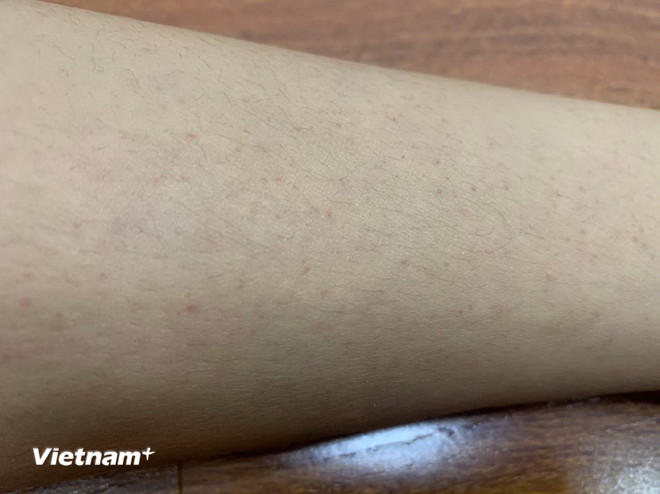
Platelet and hematocrit tests improved
Platelets will decrease during the critical stage and can fall below 50,000/mm³, then gradually increase again when the disease subsides.
An elevated hematocrit (HCT) can indicate dehydration. When the HCT stabilizes or returns to normal and platelets increase, it is a sign that recovery has begun.
When can the patient return to normal activities?
Within 7-10 days, if symptoms are gone, health is stable, eating well and test results are normal, people with dengue fever can perform light activities and return to school or work.
However, you should avoid strenuous physical activities for 1-2 weeks after recovery to give your body time to fully recover.

Some important notes when caring for dengue fever patients
Relatives and patients need to understand some notes when caring for people with dengue fever to ensure safety and effectiveness in treatment, including the following specific points:
Do not self-administer IV fluids at home.
Improper infusion or without professional medical supervision can cause serious consequences such as edema, acute respiratory failure, and even directly threaten the patient's life. This is an issue that many people often ignore. Absolutely do not perform cupping on patients.
Although this is a popular folk method, for people with dengue fever, scraping can cause skin damage, increase the risk of bleeding, lead to infection and make the patient's health worse.
Do not use antibiotics without permission.
Because dengue fever is caused by the dengue virus, antibiotics are completely ineffective in treating this disease. Overuse of antibiotics is not only ineffective but can also cause unwanted side effects, affecting the patient's body.
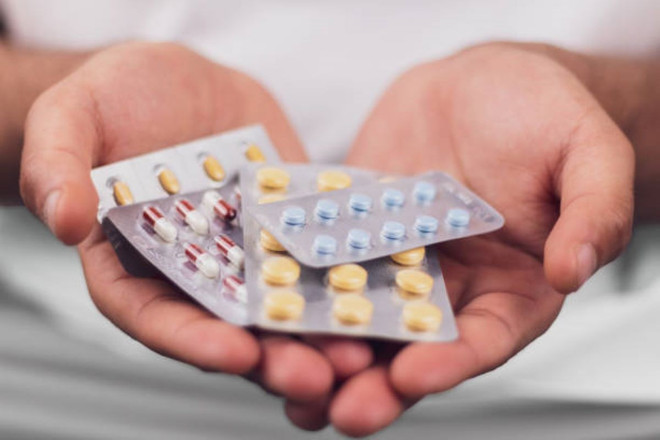
Follow medical instructions
For patients who are prescribed home treatment, health monitoring must be carried out strictly and regularly. Patients should be taken for follow-up visits according to the doctor's appointment to accurately assess the progress of the disease. At the same time, tests such as blood count and platelets should be performed daily to check the disease status, thereby providing timely intervention if abnormal signs are detected.
This is a prerequisite to help prevent dangerous complications that may occur, ensuring the recovery process is safe and effective./.
Source: https://www.vietnamplus.vn/lam-the-nao-de-nhan-biet-benh-sot-xuat-huyet-sap-khoi-post1039691.vnp




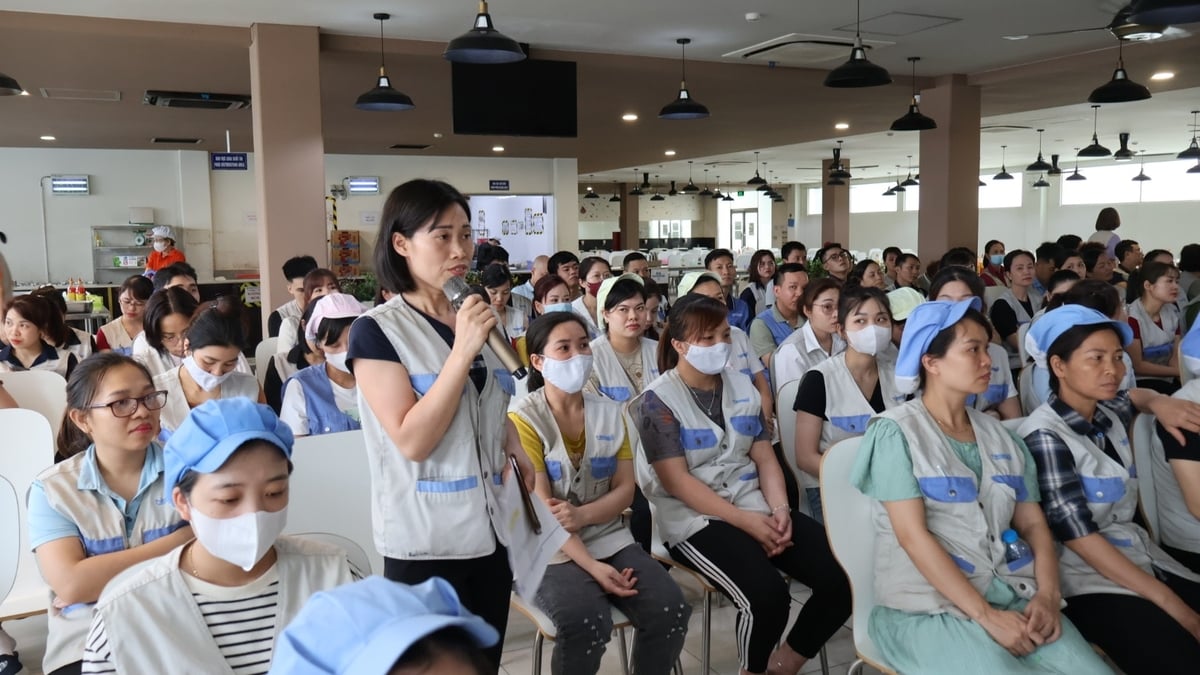


























![[Photo] National Assembly Chairman Tran Thanh Man visits Vietnamese Heroic Mother Ta Thi Tran](https://vphoto.vietnam.vn/thumb/1200x675/vietnam/resource/IMAGE/2025/7/20/765c0bd057dd44ad83ab89fe0255b783)



































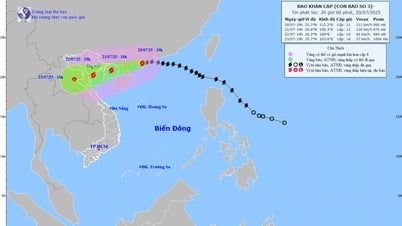









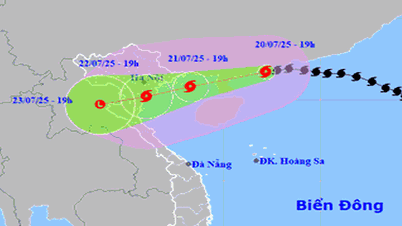






















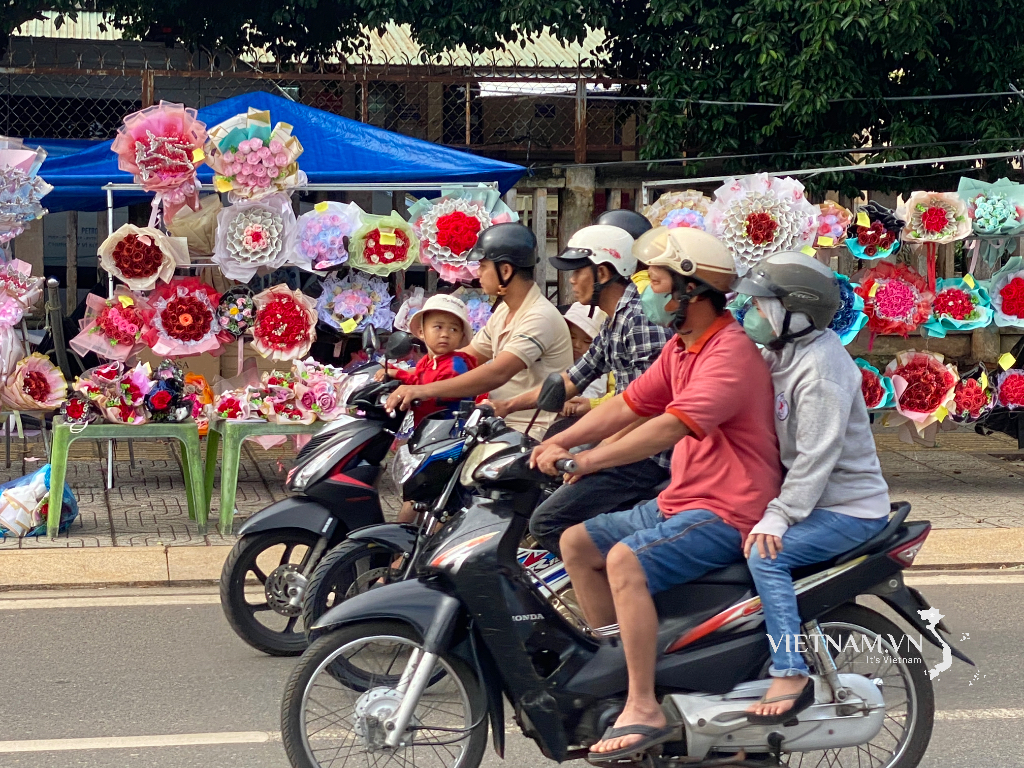
Comment (0)